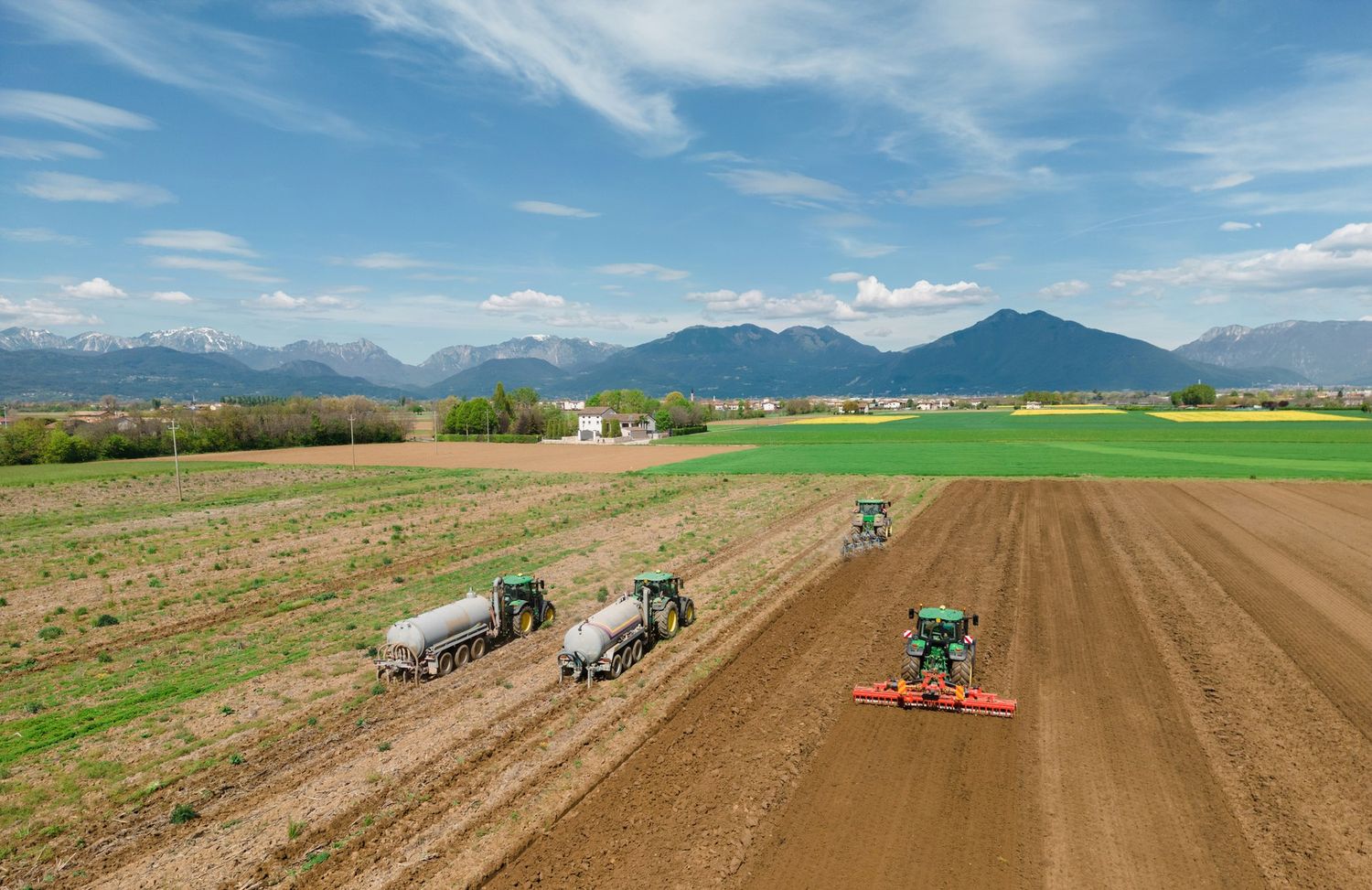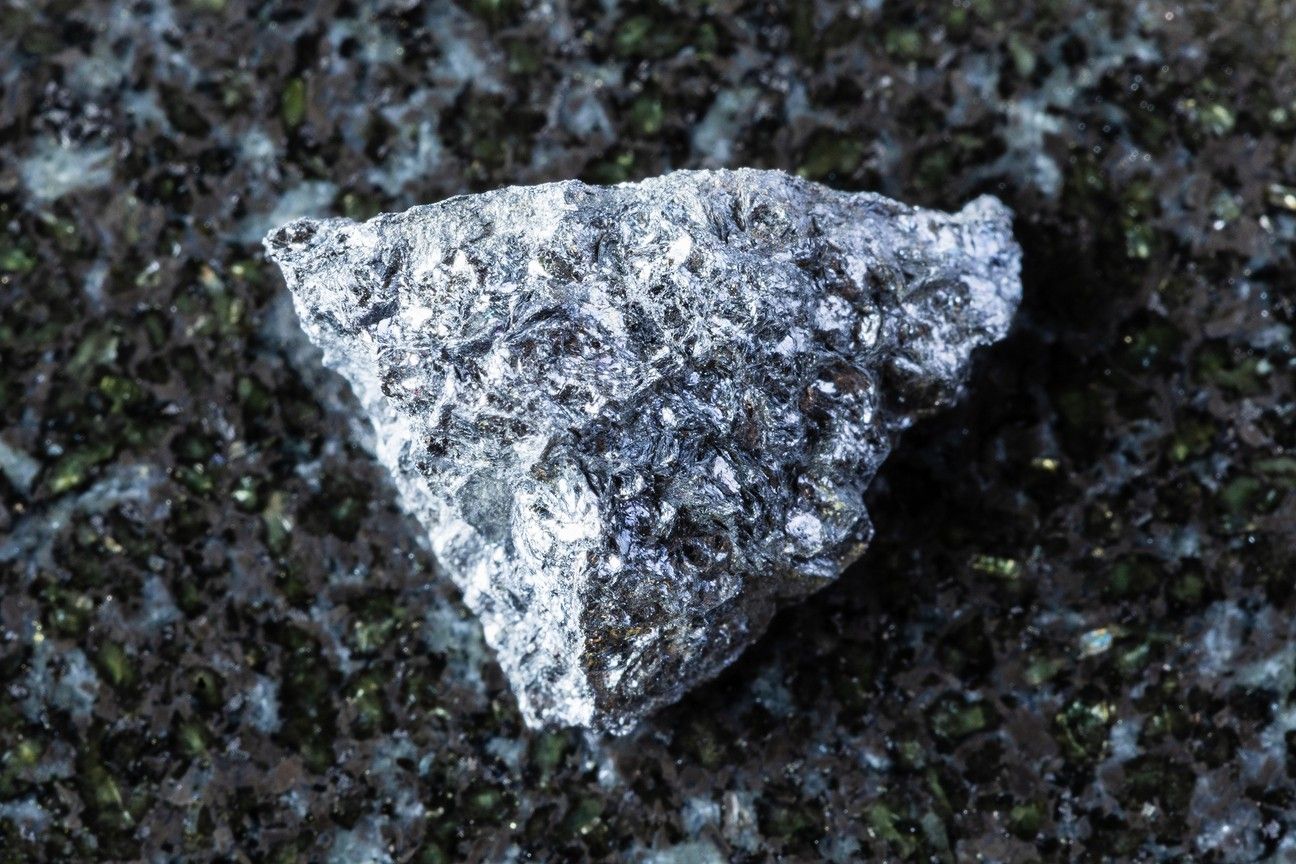Insights
Global Demand for Indonesia’s Top Commodities
Dresyamaya Fiona
•
3 minutes
read
•
Jun 20, 2025
Indonesia is a significant player in the global commodities landscape, offering a diverse portfolio of top commodities in high demand across international markets.

Global Demand for Indonesia’s Top Commodities
Indonesia is a significant player in the global commodities landscape, offering a diverse portfolio of top commodities in high demand across international markets. These key exports substantially support the national economy and are critical to many global industries.
1. Palm Oil – A Global Commodity Staple
Indonesia leads the world in palm oil production and exports, ranking as one of the top commodities, with annual deliveries of around 46 million tonnes, valued at over $20 billion. Its versatility spans the food, cosmetics, and biofuel sectors.
Despite this dominance, environmental concerns and trade pressures, particularly from the U.S., have prompted a shift towards more sustainable practices to protect Indonesia’s market position.
2. Nickel – Fueling the EV Boom
Nickel is one of the most strategically essential commodities today due to its usage in electric vehicle (EV) batteries and stainless steel. Indonesia’s 2014 ban on raw nickel exports sparked a wave of foreign direct investment, primarily from China, positioning the country as a top supplier in this high-demand sector.
3. Petroleum Gas – A Key Energy Export
Ranked as the world’s seventh-largest exporter of petroleum gas, Indonesia contributes nearly 5% to global supply. In 2024, exports reached $4.7 billion, highlighting its critical role in international energy markets.
4. Footwear – A Competitive Manufacturing Export
Indonesia’s footwear industry continues to flourish, with annual exports exceeding $6 billion, including athletic and casual shoes. Competitive labor costs and manufacturing expertise make Indonesia a favored production hub for top global brands.
5. Natural Rubber – Supporting Global Manufacturing
With over 3 million hectares of plantations, Indonesia is one of the world’s largest producers of rubber. In 2022, exports reached 3.5 million tonnes, valued at $5.2 billion. The demand for the tire manufacturing sector is primarily driven by the automotive industry, with China, the United States, and Japan being key markets.
6. Paper and Pulp – Serving Asia’s Industrial Needs
Indonesia is a leading exporter of paper and pulp, with total exports from this sector reaching US$8.37 billion in 2023. Its rich forest resources and established processing capabilities allow it to meet growing demand in China, Japan, and Southeast Asia.
7. Coconut Products – Sustainability Meets Global Demand
Top commodities products such as coconut oil, desiccated coconut, and charcoal briquettes are gaining traction due to their eco-friendly and health-conscious appeal. Indonesia’s tropical environment and sustainable farming practices have positioned the country as a key supplier in this growing niche.
8. Coffee – A Distinctive Global Export
Known for its distinctive flavor profiles, Indonesian coffee, especially the unique civet coffee, enjoys global popularity. In 2021, production reached 765,000 tonnes, with key exports heading to Malaysia, Japan, and Vietnam.
9. Cocoa – Meeting the World’s Sweet Tooth
As the third largest cocoa producer globally, Indonesia supplies around 740,000 tonnes annually. Exported primarily to Malaysia, Singapore, and Japan, Indonesian cocoa supports the ever-growing chocolate and confectionery industries.
10. Cloves – A Traditional and Industrial Commodity
Indonesia is one of the top exporters of cloves, shipping 10,000 tonnes in 2022, valued at approximately $80 million. Cloves are used in food, pharmaceuticals, and in Indonesia’s iconic kretek cigarettes. Indonesia’s iconic kretek cigarettes. Major markets include India, Pakistan, and Vietnam.
Conclusion
Indonesia’s top commodities reflect its natural wealth and strategic position in global trade. These products are in high demand worldwide, from essential energy resources like petroleum gas to agricultural exports such as palm oil and rubber.
As global market needs evolve, Indonesia’s continued innovation, commitment to sustainability, and investment in value-added processing will be crucial in maintaining its competitive edge in the commodities sector.





